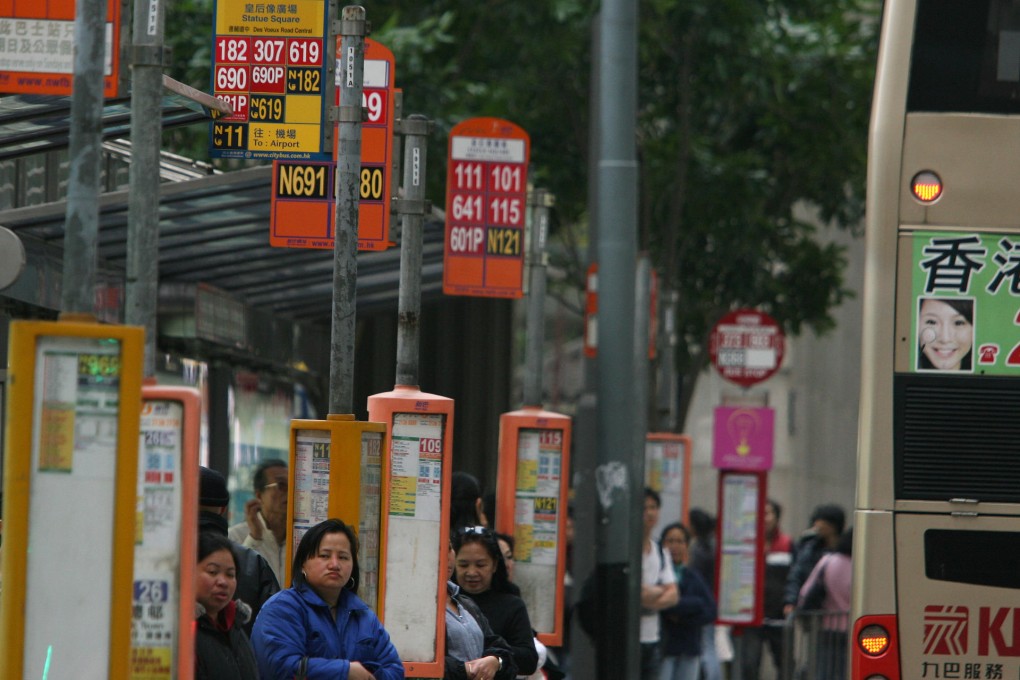Letters to the Editor, July 5, 2014
As the franchises for Citybus and New Lantao Bus will lapse in mid-2016 and early 2017 respectively, it is time to consider how bus services can be improved during the franchise negotiation process.

As the franchises for Citybus and New Lantao Bus will lapse in mid-2016 and early 2017 respectively, it is time to consider how bus services can be improved during the franchise negotiation process.
Although there will be pressure from politicians on fares and service levels, we have to ensure the expectations of the bus companies are realistic.
We live in Asia's world city and we have to adopt a more global perspective.
Public transport is measured by two key elements - fare level and service reliability.
From a global perspective, public utilities in Hong Kong in general (including our bus service) offer really good value for money.
From a fare perspective, our bus services are affordable in relation to the general wage level in Hong Kong.